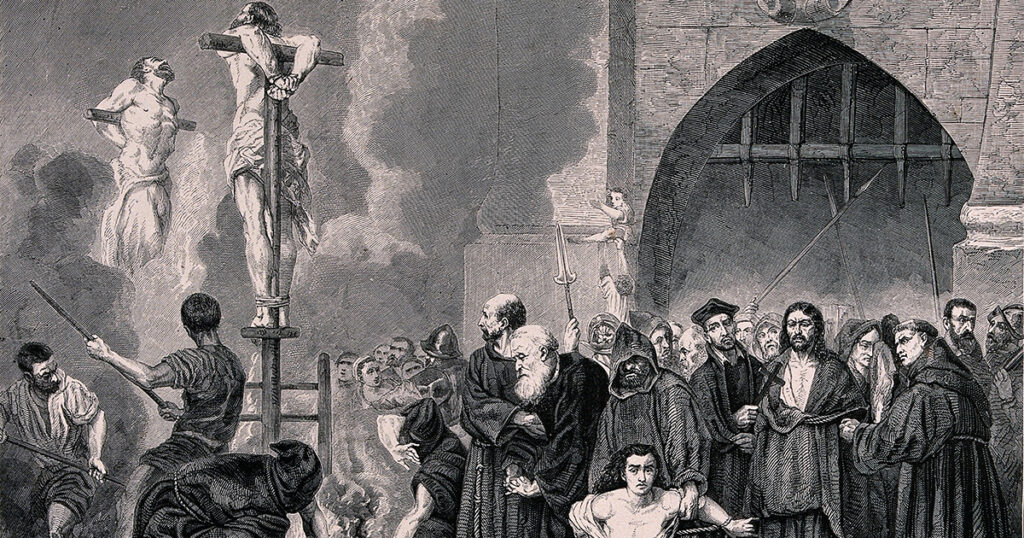
By Rev. Dr. Rudolph Blank
Hispanic Heritage Month will be observed by The Lutheran Church—Missouri Synod (LCMS) from Sept. 15 to Oct. 15. As part of the observance, The LCMS is featuring a series of online articles about Lutheran Hispanic Ministry. View the collection
During the 16th and 17th centuries, thousands of Roman Catholic missionaries crossed the Atlantic in order to baptize the unconverted inhabitants of the Americas and the isles of the Caribbean into the Christian faith.
The millions of Native Americans converted by these missionaries led the famous theologian and cardinal, Robert Belarmino, to proclaim that the conversion of so many pagans was proof that the church of Rome was the true church. For Cardinal Belarmino, the lack of similar missionary activity by the Lutherans had taken away their right to be considered part of the church universal.
There is a long list of possible reasons to explain the apparent lack of Lutheran missions in Latin America and the Caribbean. The Thirty Years’ War (1618–1648) resulted in the destruction of hundreds of Protestant churches in Europe and the deaths of millions of Protestants. The small Lutheran states in northern Europe lacked ships on which Lutheran missionaries and immigrants could travel. Meanwhile, the Spanish Inquisition organized three centers in Latin America to hunt down, imprison and execute alleged heretics who refused to repent of their heresies. Such heretics included Jews, Muslims, alleged witches and shipwrecked Protestant sailors.
The Inquisition and the persecution of Protestants notwithstanding, Martin Luther could boast of the sending of thousands of missionaries to Latin America and other closed regions. Concealing their materials in bolts of cloth produced by Protestant weavers in Holland and other ports of call, these missionaries were able to smuggle into Latin America countless Bibles, catechisms, tracts and prayer books.
Through the Christian literature that reached Latin America in this way, many came to confess Christ despite the Inquisition and the persecution of those considered heretics by the authorities. In 1672, the Inquisition imprisoned four priests on the charge of being unrepentant Lutheran heretics. Three of the priests were Canary Islanders serving in Venezuela; the fourth was a native Venezuelan from Caracas named Juan de Frías.
Although the four priests were imprisoned and tortured for 16 years in the dungeons of the Inquisition, they all refused to recant. Finally, on May 30, 1688, the four Lutheran martyrs were burned at the stake in Cartagena de las Indias in what is now Colombia.
Today the theological program of the Lutheran Church of Venezuela carries the name of the priest Juan de Frías, who suffered imprisonment, torture and the stake in order to proclaim that, being justified by faith, God’s people have peace with Him through their Lord Jesus Christ.
We rejoice that it is no longer necessary to smuggle Bibles and catechisms into the homes of our Latin American brothers and sisters. God has given us the Internet, Facebook, Zoom and other technological means to proclaim the Gospel for which Juan de Frías gave his life.
Listen to an interview with the Rev. Dr. Blank
The Rev. Dr. Rudolph Blank was an LCMS missionary in Venezuela for more than 40 years. He is the founder and former director of the Juan de Frías Theological Institute.